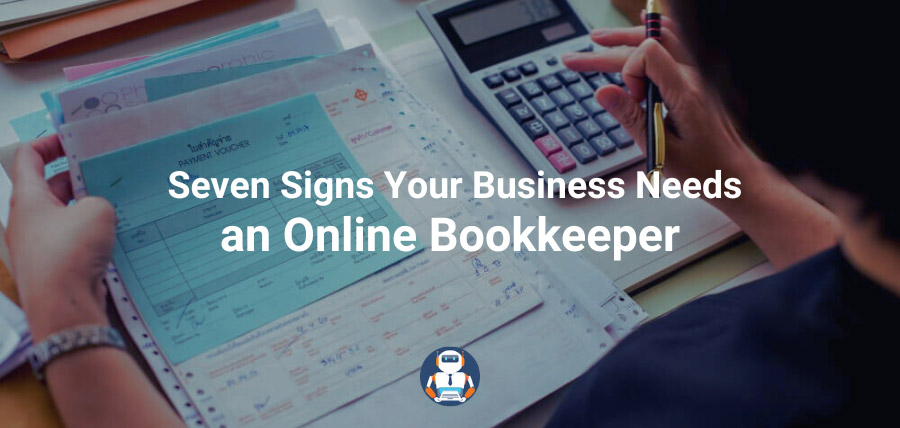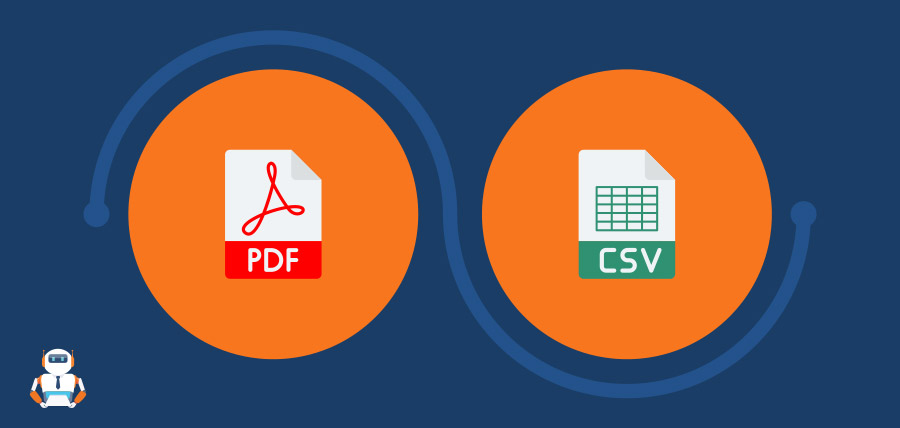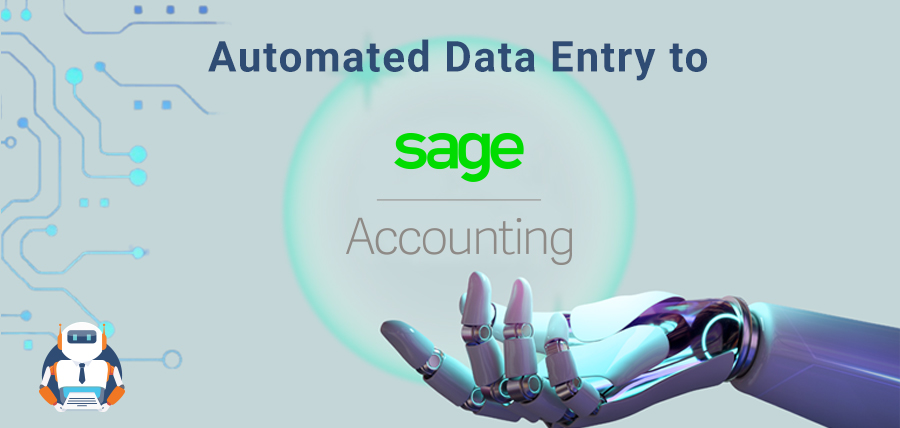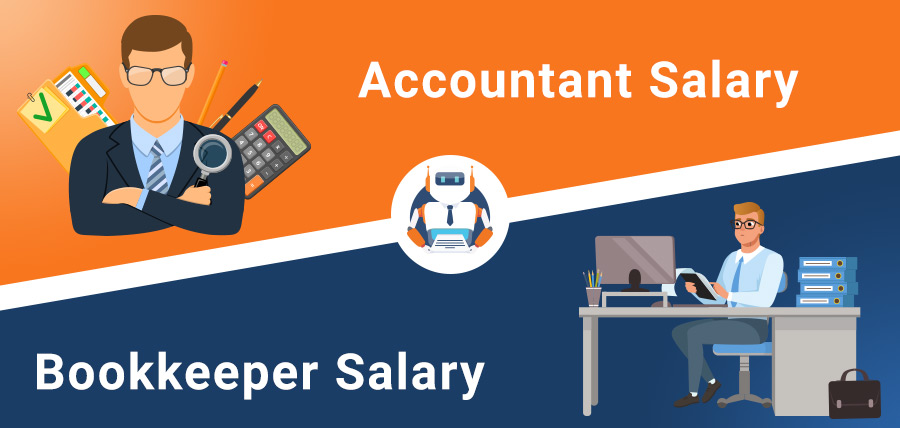VAT Guide for Small Business Owners
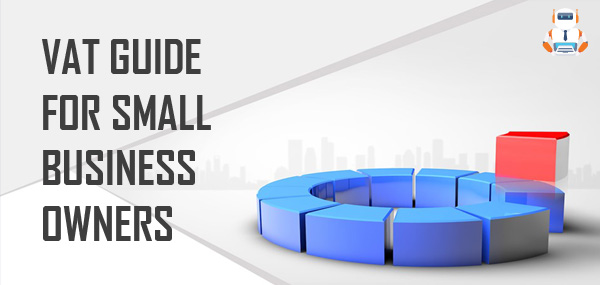
Are you an entrepreneur managing a small business and considering if you should register for VAT? This blog covers some essential information about UK VAT to get you started with your assessment to register or not.
What is VAT?
Value Added Tax or VAT is an indirect tax that is applied to on purchase value of goods and services. In some jurisdictions outside the UK, it is also referred to as Sales Tax of General Sales Tax (GST). In the VAT system, all VAT registered participants in the supply chain have to collect VAT on sales and deposit it to HMRC, after deducting the allowable VAT on their purchases. So effectively every seller collects tax from their customer on the value added to the goods and services, and that’s where the name Value Added Tax comes from.
Who needs to register for VAT?
VAT registration threshold in the UK is a turnover of £85,000 of taxable supplies for a period of consecutive twelve months. So, if your business turnover in the last twelve months exceeds the VAT threshold, then you must register for VAT.
There are two types of registration.
1.Compulsory Registration
You can determine if you are required to register for VAT by assessing your turnover against the following two tests. If you pass either of the tests, you will need to register for VAT.
Historic Test
If your value of cumulative taxable supplies exceeds £85,000 for twelve consecutive months, then you need to register for VAT. It is important to note that you need to apply this test at the end of every month by calculating the cumulative turnover of taxable supplies for the previous twelve months. It doesn’t have to coincide with the calendar year or your finance or tax year. So if you are a fast growing business, you must pay attention to this limit.
Future Test
You don’t only apply the historic test; you also need to apply a future test. You are required to register for VAT at any time if there are reasonable grounds for believing that your taxable turnover (excluding VAT) in the following 30 days will exceed £85,000 for the cumulative period of twelve months.
2.Voluntary Registration
You can voluntarily register for VAT even if your taxable turnover falls below the compulsory registration threshold. The definite benefit of registration is that you can claim back the VAT paid on purchases and expenses.
The VAT is charged on taxable supplies. A taxable supply is any supply made in the UK which is not exempt from VAT. Taxable supplies include those which are zero-rated for VAT.
| Standard Rated | Zero Rated | Exempt | |
|---|---|---|---|
| Input (Standard rated) | 20% | 20% | 20% |
| Output | 20% | N/A | N/A |
| Output | 20% | N/A | N/A |
VAT Schemes for SME’s:
For the ease and benefit of SME’s, HMRC has introduced different VAT Schemes for businesses to consider. You need to consider which scheme is suitable for you depending on your business circumstances.
Cash Accounting Scheme
You can only opt for this scheme if your taxable turnover (excluding VAT) for twelve months is not expected to exceed £1,350,000.
You are required to leave this scheme if the value of taxable supplies exceeds £1,600,000. It means, at the time of registering for VAT your expected revenue should not be more than £1,350,000 but once joined you can continue to pay taxes under this scheme unless your taxable revenue exceeds £1,600,000. As above, all calculations are for twelve consecutive months and will have to be assessed at the end of every calendar month for the past twelve months.
Under this scheme, you need to account for the VAT on the basis of cash received or paid. You will also get a benefit that you will not be required to claim back VAT previously paid on sales that eventually turned out bad debt as the VAT is paid when you receive cash from the customer.
Flat Rate Scheme
You can join this scheme if you have an annual taxable turnover (excluding VAT) of up to £150,000.
You need to leave the scheme if the total value of your VAT inclusive supplies in the year is more than £230,000.
Under this scheme, you are required to calculate VAT by applying a fixed percentage (usually depends on the trade sector in which business falls) on your tax inclusive turnover. A 1% reduction of the flat rate is applicable if it’s your first year of VAT registration.
Annual Accounting Scheme
Rather than making quarterly returns, this scheme gives you a chance to make advance installments towards your bill consistently. You then file one VAT return and pay the balance or claim back a refund for any overpayments. This option is available to organizations with a turnover below £1.35 million
Benefits of Registration for VAT:
- VAT registration adds credibility to your business profile as most businesses prefer to deal with companies registered with VAT.
- If you are an importer or exporter, it would be an added advantage for you as some countries give tax benefits for VAT Register Company.
- You can reclaim input VAT on all goods or services your business purchases if you register for VAT, including asset purchases that can be a significant
- You can also reclaim VAT from past, once you get registered for VAT you get eligible to claim input VAT on goods by going back four years from the date of registration, and you still have that goods available in your business premises.
VAT Accounting or Accounting for VAT:
VAT accounting means recording VAT on purchases and sales.
The VAT on purchases should be recorded from the purchase price. This input VAT is recoverable if the business is VAT registered.
The VAT on sales should be recorded separately from the sales price. This VAT is payable to HMRC along with the VAT return.
You can easily record your VAT using an Accounting software or on a simple excel sheet. Alternatively, you can automate the recording of expenses with an automated bookkeeping app like Receipt Bot. In this case, you just take pictures of your bills and receipts with a mobile camera or upload documents from scanners and email. If you are using a cloud accounting software like Xero and QuickBooks Online, you can integrate Receipt Bot to automatically record all expenses in this software and then submit your VAT return with ease.
Even if you are not VAT registered, proper accounting is still essential for your business management. Not only it will help you with income tax filing, but it will also enable you to analyze the potential savings that you can get by registering for VAT.
Vat guide for small business from Irfan Sharif
